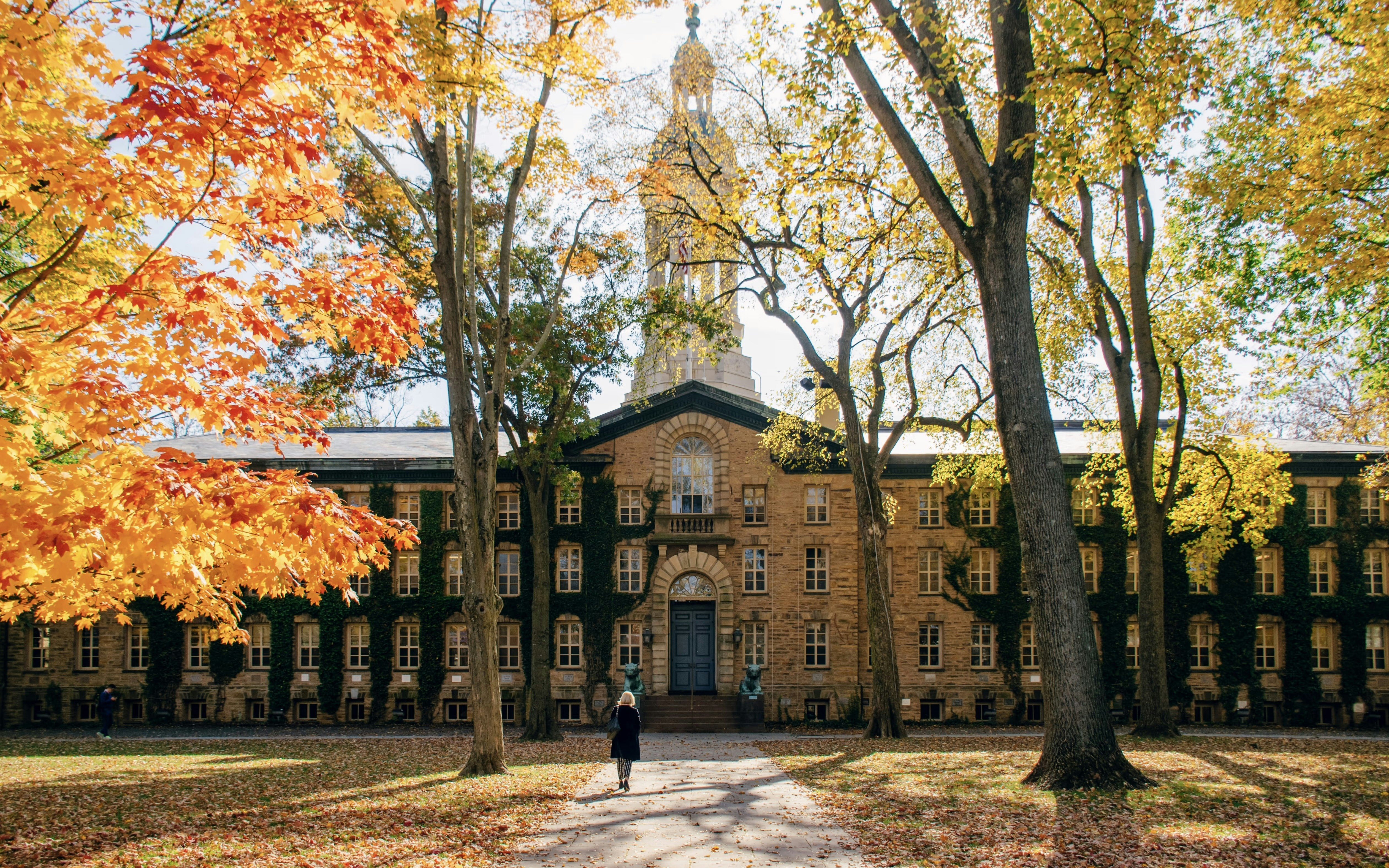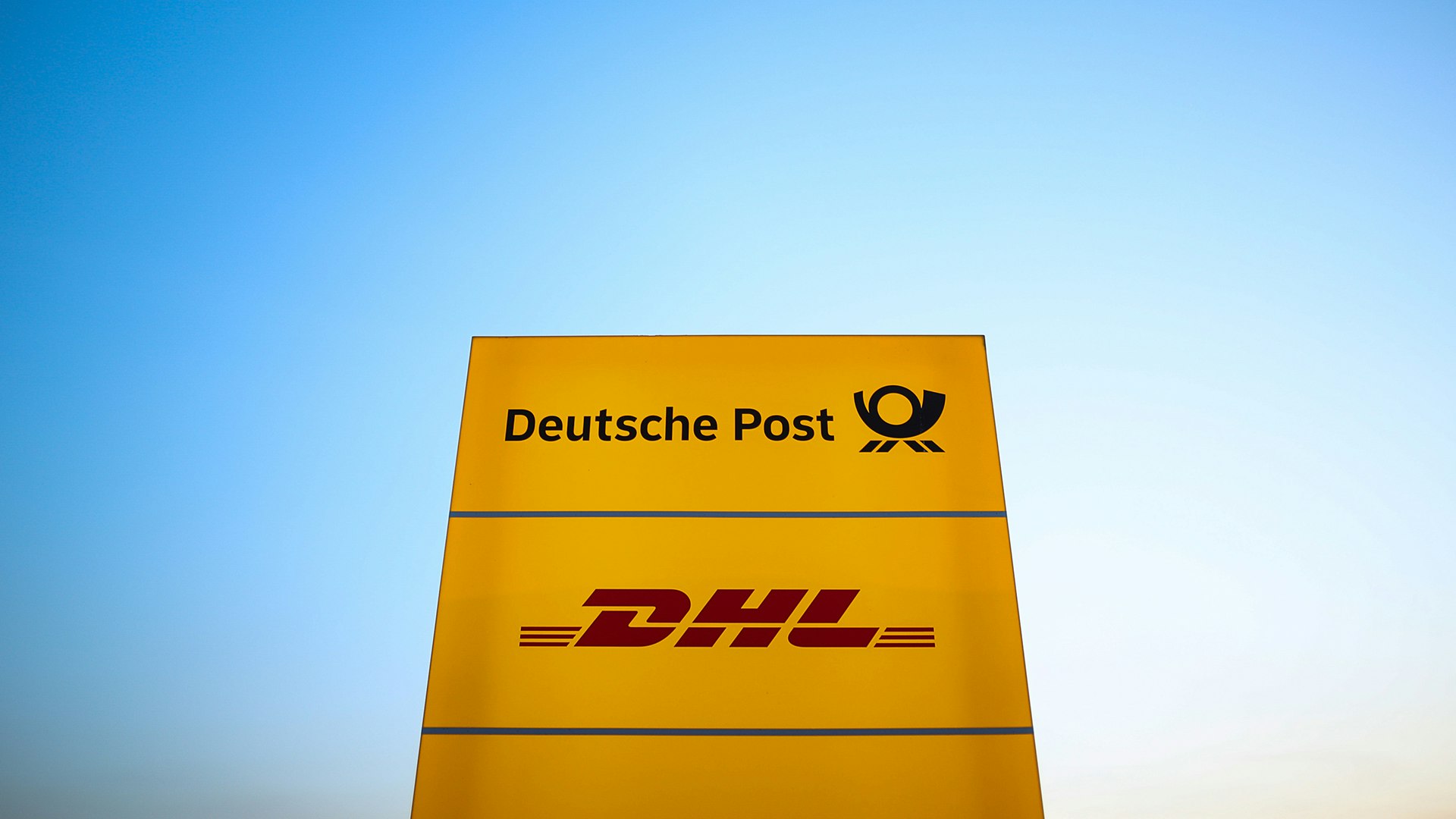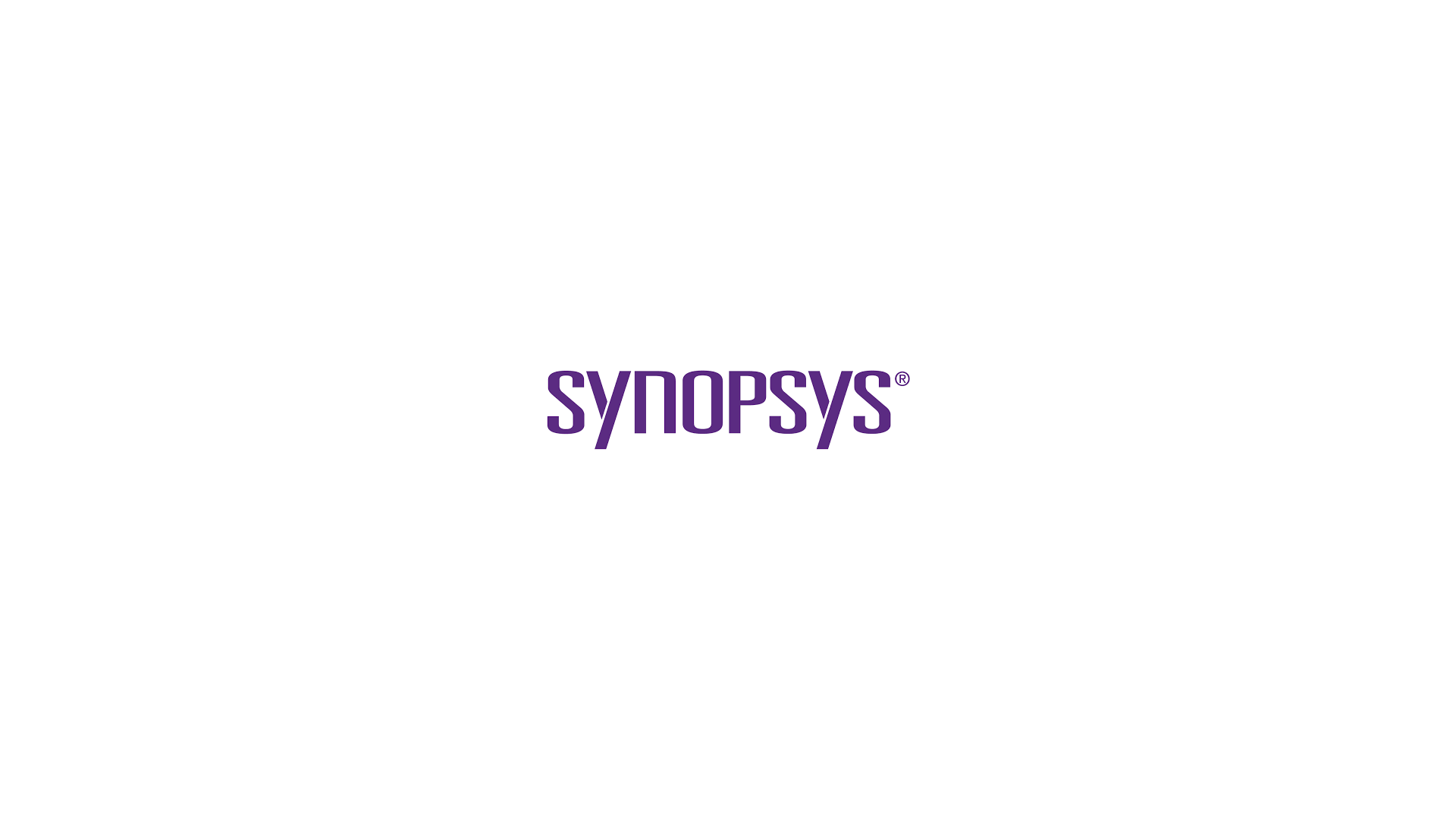The top university endowments in the USA record below-average returns for the second consecutive year. In particular, the Ivy League endowments, which invest a large portion of their portfolios in private equity (PE) and venture capital (VC), show weaknesses with disappointing results in a market where stocks and bonds are achieving high gains. The endowments of Yale and Princeton, which traditionally hold a high proportion of alternative investments, are among the weakest performers.
Princeton and Yale reported returns of 3.9% and 5.7%, respectively, in the fiscal year ending in June – well below the university average of 10.3%. Particularly problematic is that the returns from these investments stagnated due to a largely paralyzed IPO market and low M&A activities, while public markets boomed.
To bridge financing gaps, Princeton has issued bonds – an extraordinary step that reflects the challenges posed by the ongoing low-interest-rate environment and the slowdown in private transactions. The lack of profitable exit options for PE and VC investments has led some universities to consider reducing their allocation in alternative assets.
Many of these foundations have underestimated the volatility of private investments," emphasized Britt Harris, former Chief Investment Officer of the University of Texas/Texas A&M Investment Management Company.
Since the 1980s, when Yale pioneered investments in private markets, Ivy League universities have used their reputation and networks to gain access to top-tier investment funds. This strategy has delivered above-average returns in the long term, often exceeding those of public markets. However, the decline in the private equity sector is now increasingly putting pressure on the investment model focused on high-risk assets.
While some smaller foundations, like the University of Nebraska Foundation, intend to increase their private market allocations up to 40% to secure long-term returns, industry insiders advise large endowments to exercise caution. Roger Vincent, founder of Summation Capital, noted that some Ivy League foundations may have waited too long for the private "party" to end.
The high interest rates and a subdued IPO market could force university endowments to rethink their strategies and adjust their portfolios – a necessary step to secure sustainable returns in the long run.







